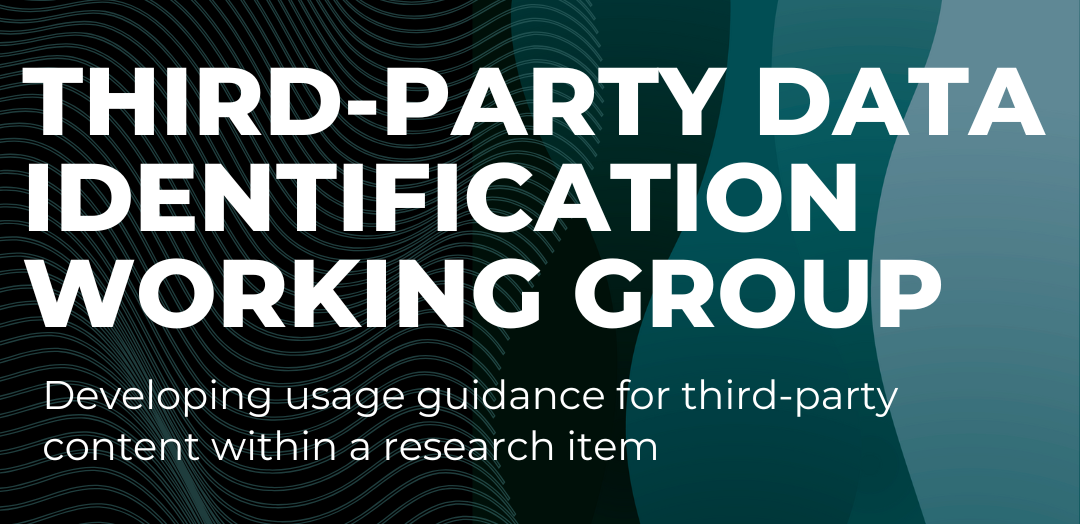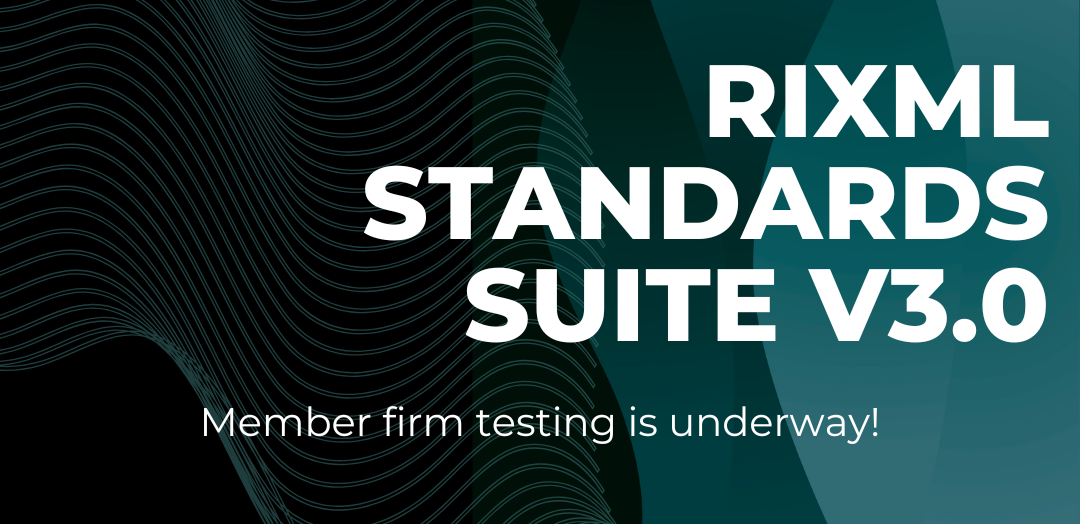- producers to apply more accurate and meaningful ESG-related descriptions of the content they produce.
- vendors to develop tools to better aggregate and organize content.
- consumers to find the ESG-related content they are looking for – when searching and via alerts – whether they are accessing the content via subscriptions, push distribution, aggregators, or portals.
- looking at use cases – what type of reports are being produced, and what is on the horizon.
- investigating which of the current taxonomies are gaining traction, and which best suit the needs of our content.
- discussing the Scoring landscape, and determining whether that is sufficiently developed for us to include tagging for it in the v3.0 standard.
- While consolidation and standardization is occurring for the various ESG taxonomies that exist, there is still no single taxonomy that has become the industry standard.
- Some firms (research producers and vendors) have developed their own taxonomies; it seems prudent to allow firms to add these in addition to whatever standard taxonomy RIXML may choose to require
- the top 2 levels could provide an appropriate number of options (2 level structure with 5 dimensions).
- the tree structure would allow the ability to tag at the parent level, child level, or both.
- the terminology is straightforward, increasing the likelihood that different firms will apply tagging in a consistent manner.
- It is unclear whether there are licensing considerations, either for our standards themselves or for firms wishing to use them.
- As these standards are being developed, it is possible that they may evolve in a way that makes them no longer appropriate for our needs.
Guidance for ESG tagging
Another key area the group has been discussing is the importance of defining what ESG tagging is appropriate for different types of content. We have discussed the various types of content that will be produced: ESG strategy pieces, ESG focus pieces, ESG-related aspects of a company report, etc. However, it is important for us to understand not only what ESG-related content is being created, but also how the consumers of this content will be searching for it. Buyside firms: we need your input! See below for specific questions, and please forward them to your internal experts.
We have determined that it will be important for us to provide clear guidance on the appropriate use of whatever ESG tags we do develop. As with all our tags, the tagging is intended to describe the content of that particular research item. In other words, ESG tags:
- should only be included if ESG-related topics are covered in a report in sufficient detail that the report is likely to be of interest to a person searching specifically for ESG-related material information about that company.
- should not be included to simply describe the ESG-related factors a company is required to report on or that apply to that industry
- should not automatically be added to a report based on the company or industry the report is about, but should be applied only to reports that discuss ESG in detail.
The tagging for ESG scoring is even more complicated than for ESG reporting. A clear takeaway from our discussions is that ESG scores are a lot more variable than investment rating system, and are decidedly still in the nascent stages. Sal has reminded us that even if we do not add tags for ESG scores into the v3.0 standards, they could be added to v3.1 (or v3.2…) once a path has become more clear.
This is an area that we are still investigating. In particular, we need more input from buyside firms and vendors – see our specific questions below. At this point, ESG scores appear to be less far along in their development. We have not made a final decision on whether to include ESG Score-related tags in RIXML v3.0, but we would rather hold off until we have been able to have a clear sense of how to structure these tags than to take a guess and have it not properly address the industry’s needs.


